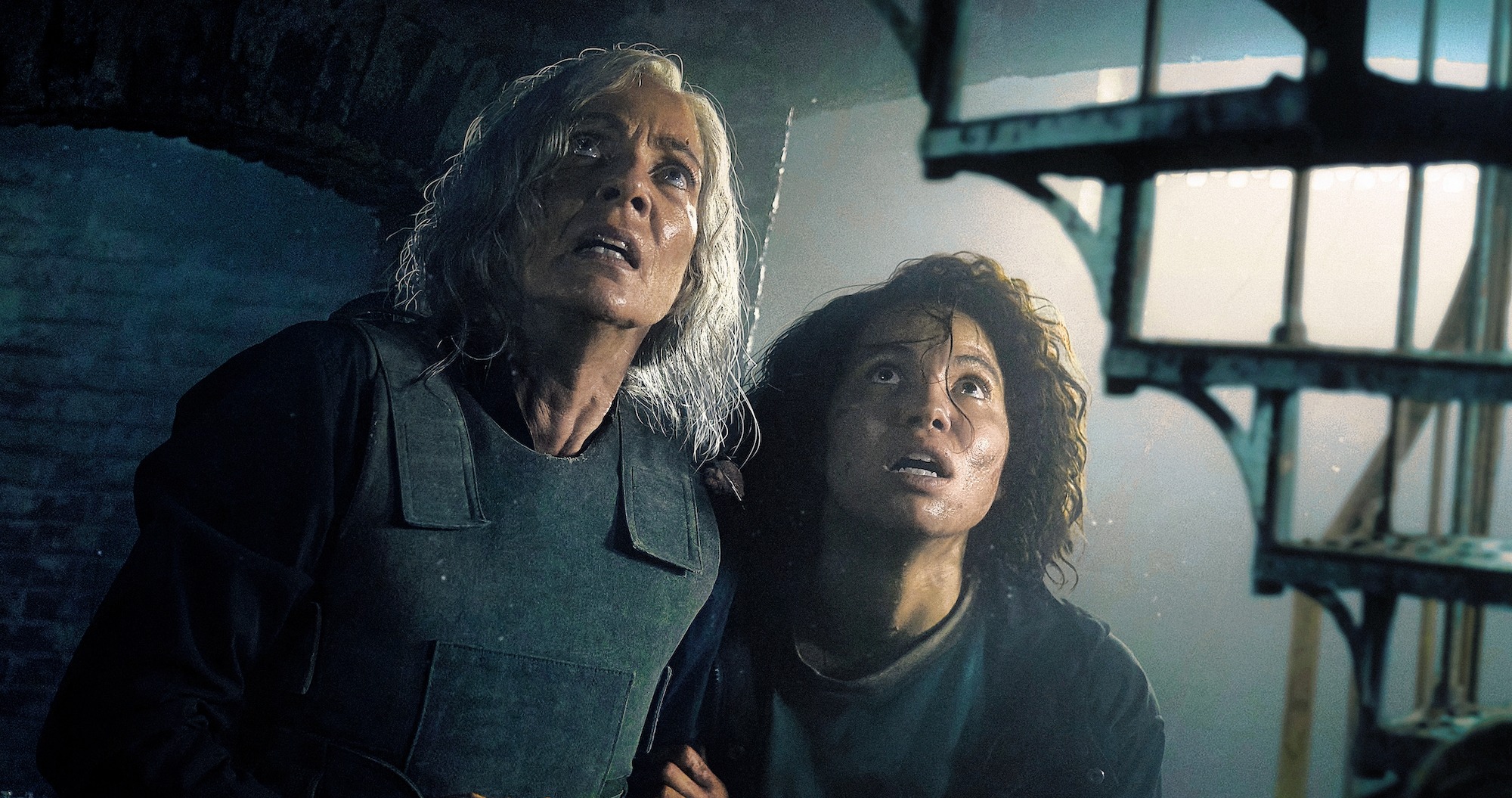In Lou, Allison Janney is a tight-lipped, tough-as-nails action heroine
Like Nobody and Taken before it, Anna Foerster's thriller transforms a serious actor into a convincing ass-kicker

In Lou, it’s flat-out fun to see Allison Janney get to make her own version of Taken and Nobody. And she plays the vengeful, flawed savior role with just as much no-nonsense determination, rigorous gusto, and grizzled grit as Liam Neeson and Bob Odenkirk ever could—combined. Anna Foerster (who helmed the under-valued Underworld: Blood Wars) nimbly directs her first action-thriller, which follows a world-weary woman who gets another stab (and punch and kick…) at redemption when someone from her past resurfaces. Although it’s slightly overlong, the movie more than measures up to those of her male counterparts in the “serious actor starts kicking ass” subgenre.
They say that no man is an island, but Lou (Allison Janney) has certainly relegated herself to one on Orcas Island in the Pacific Northwest. The years have clearly worn on her, turning her abrasive to many of the townsfolk, yet she’s still compassionate enough to tend to her loyal dog Jax (played by dog-actors Ozzie and Jersey). Her sharpshooting skills and body are beginning to betray her, adding to the deterioration of what’s left of her conscience. This hasn’t stopped Sherriff Rawlins (Matt Craven) from trying to break down her walls, flirting delicately with her when she comes into town.
Lou has also—literally and figuratively—buried some big secrets in her backyard: documents telling of a sordid past she’s clearly been running from for years. After digging them up for disposal before committing suicide, she gets interrupted by her tenant Hannah (Jurnee Smollett) frantically searching for her young daughter Vee (Ridley Asha Bateman), who’s been kidnapped by dangerous sociopath/ex-Green Beret Philip (Logan Marshall-Green) during a raging storm. Despite her earlier plans, Lou becomes compelled to utilize her long-buried “special set of skills” to rescue Vee, even as she (perhaps obviously) reckons with unresolved trauma of her own.
Foerster and screenwriters Maggie Cohn and Jack Stanley conceive a landscape full of allusions and metaphors: a cavernous divide Lou and Hannah must cross in their pursuit of Philip and Vee pulls double duty as symbolism, but it also functions plainly to induce sweaty-palmed intensity. Each location serves as a mirror for both the internal and external stakes for these characters, unraveling Lou and Philip’s backstories through a handful of heavy exposition dumps even as they intensify their conflict.








































